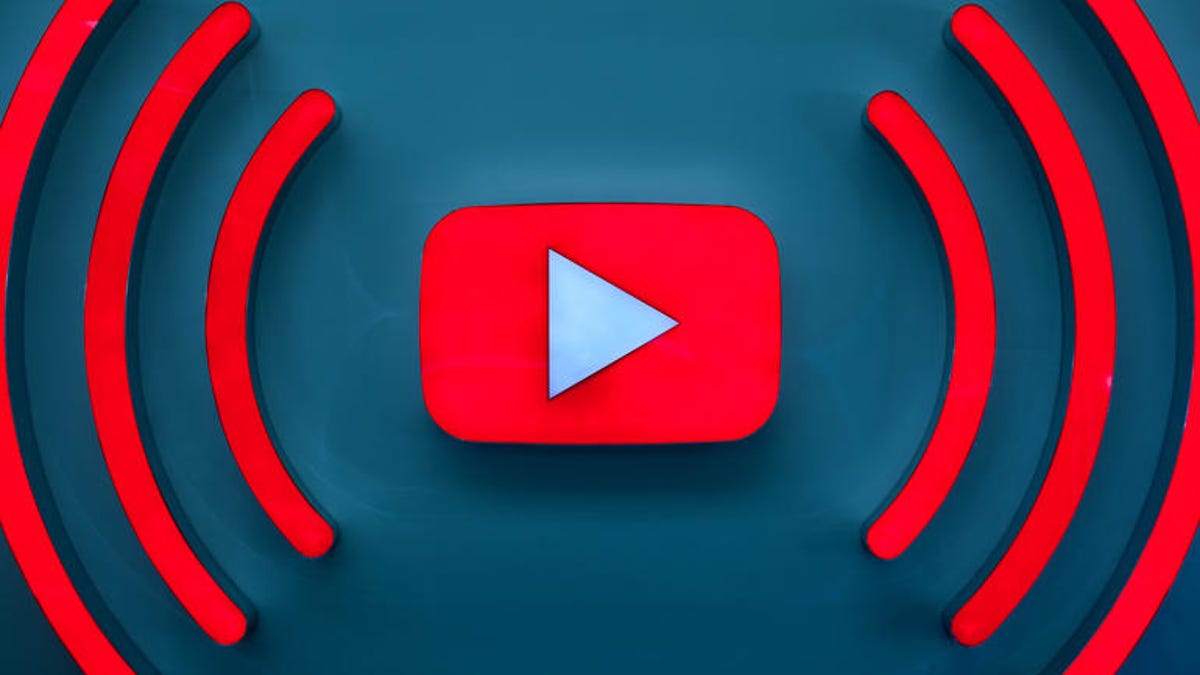YouTube says it's removed 500,000 COVID-19 misinformation videos
The Google-owned service has been under scrutiny for false content on its platform.

YouTube said it's clamped down on COVID-19 misinformation.
YouTube CEO Susan Wojcicki on Tuesday said the platform has removed more than half a million videos that contain misinformation about COVID-19 since February.
The Google-owned video service prohibits false content about coronavirus treatments and prevention. In October, the platform updated its policies to specifically ban misinformation about COVID-19 vaccinations, vowing to remove videos that contradict "expert consensus" from the World Health Organization or local health authorities. That includes baseless claims that getting the vaccine implant microchips in people's bodies or cause infertility.
"It's a priority to continue to update our approach to responsibility so people find high-quality information when they come to our platform," Wojcicki wrote Tuesday in her quarterly letter to YouTube's community of video creators. "We're always working to strike the right balance between openness and responsibility as we meet the guidelines set by governments around the world."
Wojcicki's letter comes as Silicon Valley giants have come under scrutiny for misinformation spreading on their platforms. In the wake of the deadly insurrection on the US Capitol on Jan. 6, for example, YouTube tightened the enforcement of its policies against false claims of election fraud. Earlier this month, YouTube suspended then-President Donald Trump from the service for violating the platform's rules.
Lawmakers have already put pressure on tech giants to stop the spread of misinformation concerning vaccinations more generally. In 2019, Rep. Adam Schiff, a Democrat from California, wrote an open letter to Google CEO Sundar Pichai urging him to fix the problem of anti-vax content on the search giant's platforms.
In her letter on Tuesday, Wojcicki also reflected on the effect the pandemic has had on YouTube. She said watchtime on the platform increased by 25% globally during the first quarter of last year, as people first began sheltering in place. More than half a million YouTube channels tried livestreaming for the first time last year, she added.
"The pandemic has accelerated our digital lives," she wrote.
More creators are also using YouTube to make money, Wojcicki said. In 2020, the number of channels that joined the YouTube Partner Program, which allows content to be monetized with ads, doubled over the previous year. And over the past three years, Wojcicki said, the company has paid more than $30 billion to creators, artists and media companies.

